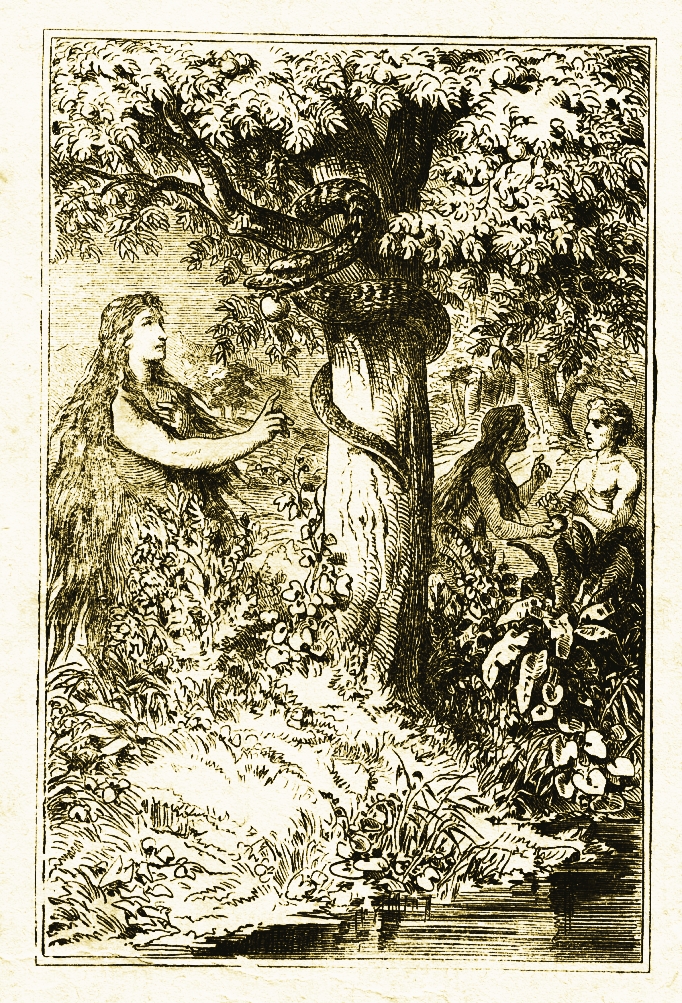I was at the Seattle Art Museum recently and read the caption underneath a giant, strange canvas.
Instead of just paint, it was smeared with ash and concrete and silk, ripped and strewn across the canvas. The painting was called “Lilith” and the caption gave the summary of an old Hebrew myth that I had never heard of before.
Lilith, supposedly, was Adam’s first wife (that is, Adam—the first human created that lived in the Garden of Eden). Unlike Eve, Lilith was created from the same clay Adam was made from and formed into a woman; she was not a rib pulled from Adam’s side.
Instead, God created her with the exact same dust he used to form Adam, not aware of the consequences of this action.
But quickly, God realized his mistake. This brand new woman was too much like the man, they were made from the same material after all. Lilith was hardheaded and stubborn. She was opinionated and outspoken. When God told Lilith he had created her to be subservient to her partner, that she had been made with the sole purpose of tending to him, she calmly reminded God that he had created her with the same clay that he had used to create the man; that alone made them equals—she would not submit.
I’m sure God threw up his holy hands and rubbed his holy temples and muttered under his holy breath to the stubborn woman, “Fine, just go then. I’ll create someone else to serve this man.”
And Lilith did go, carried on by her rebel soul, content to leave the Garden of Eden (that was supposed to be paradise) just so she could retain that independence. And God started again, plan B this time. He put Adam to sleep, took a rib from his side, and created Eve—a new partner, a better partner, with fewer rebellious desires, albeit, an affinity for strange fruit.
But the world didn’t let Lilith leave without gossip. They were not content for the confident woman to find her own path outside of the prescribed paradise. Instead, the stories of Lilith multiplied. Lilith was a demon, a night screamer, someone who wanted nothing more than to steal your babies at night and carry them off into whatever cave she lived in, wherever she hid since leaving the Garden.
“That’s why you do what is asked of you,” I picture some tired parent, with rings under their eyes, saying to their daughter, begging her to sleep or come home or stay out of the mud, “You know what happens to little girls who think they are something they are not. Who try to be more than what the world asked them to be.”
The little girl nods because she knows. Those little girls become baby stealers who live in a cave. They become ash and soot and concrete smeared on a canvas.
But still.
But still.
There is a flutter in that young girl’s chest. And she thinks that perhaps there is a chance that she was not created to submit but to lead.
And perhaps that flutter grows louder, until it pounds in her ears, and the name Adam doesn’t ring a bell anymore. And she ties her shoes tighter, and she holds her head higher because there is a chance that she was created for something bigger than a garden and passivity.
For a moment, she has a feeling of knowing—of being absolutely certain—that she was created from the clay and not the rib, that she was made equal to the leaders and that this stubbornness was not a curse. Oh no. That stubbornness was put there with intention.
Oh, but I don’t know.
It was just a painting.
~







Read 8 comments and reply